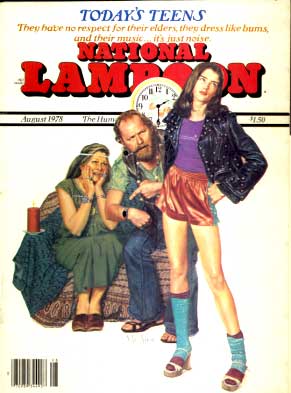rayfoxlee
Raymondo
I have been a snapper for 50 odd years and there is no doubt that photography has changed dramatically over that time. It is not just the equipment that has changed - and this is the most obvious example - but it seems to me that the soul seems to be missing from a lot of the modern work that I see, when I compare it to the images from the great Life and earlier Magnum photographers. So, what is going on - if anything - that is making this apparent, to me at least? Is it the fact that most of the earlier work was mono, or are digital cameras in some way producing clinical images in the technical sense? Are we becoming over concious of the functions and features of the digital age that we are missing the point of the picture? Of course, much of the modern work , especially in wild life photography is jaw-droppingly good, probably far better than anything produced even a few years ago.
I started thinking about this this morning after reading an article in the UK Times2 supplement about George Rodger of Magnum fame. Probably also prompted by my recent musings over whether to buy an M7 (I did!) and the inevitable questions that I have had to think about (apart from can I afford it) - will it connect me to the picture more successfully, will it encourage me to shoot more mono and will improve my images? Who knows? I shall soon find out.
What do you all think?
Thanks and best wishes to all at RFF for a happy Christmas and successful image-making 2010.
Ray
I started thinking about this this morning after reading an article in the UK Times2 supplement about George Rodger of Magnum fame. Probably also prompted by my recent musings over whether to buy an M7 (I did!) and the inevitable questions that I have had to think about (apart from can I afford it) - will it connect me to the picture more successfully, will it encourage me to shoot more mono and will improve my images? Who knows? I shall soon find out.
What do you all think?
Thanks and best wishes to all at RFF for a happy Christmas and successful image-making 2010.
Ray




